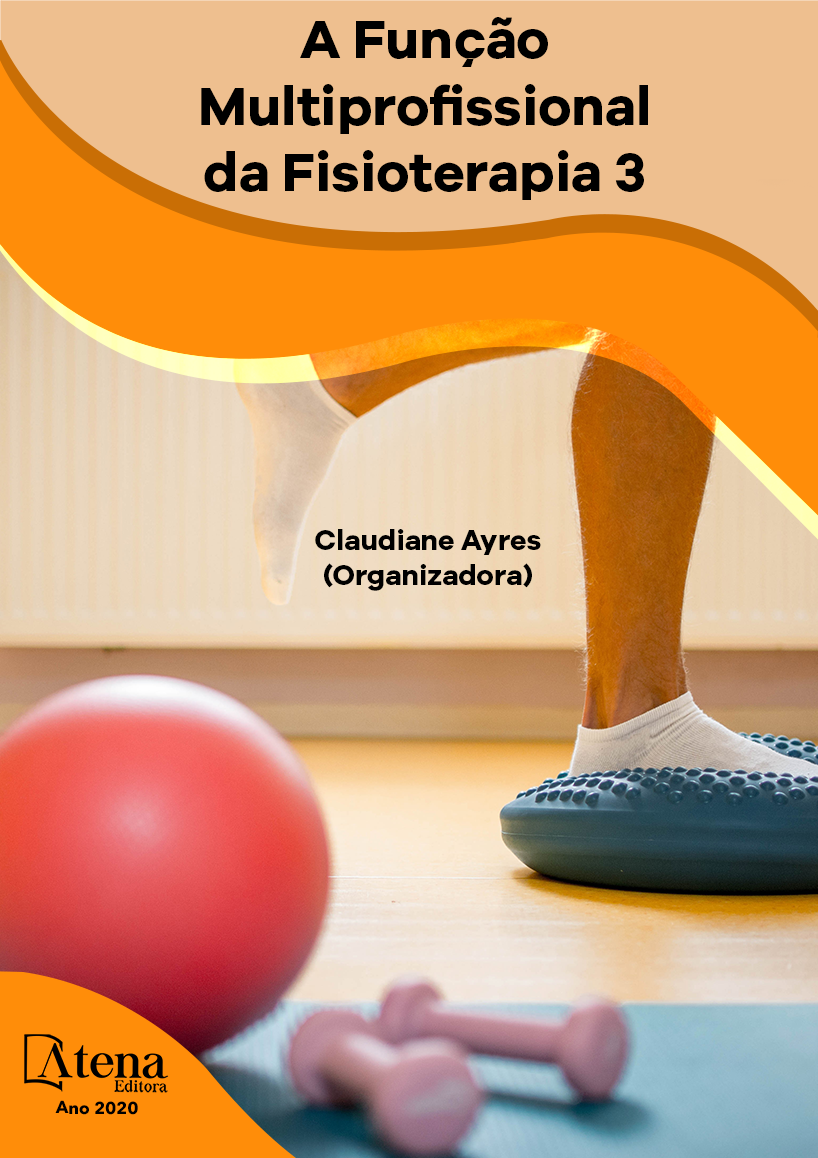
INFLUÊNCIA DA MOBILIZAÇÃO PRECOCE NO TEMPO DE INTERNAÇÃO HOSPITALAR EM PACIENTES CRÍTICOS NA UNIDADE DE TERAPIA INTENSIVA – UMA REVISÃO SISTEMÁTICA
Objetivo: Analisar a influência de
exercícios de mobilização precoce no tempo
de internação hospitalar de pacientes críticos
na Unidade de Terapia Intensiva. Metodologia:
Trata-se de uma revisão bibliográfica, realizada
de abril a maio de 2019, mediante consulta
a Biblioteca Virtual em Saúde (BVS) e em
periódicos CAPES, com os descritores: Fisioterapia; Unidades de Terapia Intensiva;
Mobilização Precoce; Internação Hospitalar, nos idiomas português, inglês e espanhol.
Resultados: Foram encontrados 35 artigos potencialmente relevantes, dos quais, 6
foram incluídos por estarem de acordo com os critérios de inclusão. Todos os estudos
dividiram os pacientes em dois grupos: controle e intervenção utilizando protocolo
de mobilização precoce. Um trabalho demonstrou um aumento significativo da Pimáx
e da força muscular periférica. Quando comparados os dois grupos, observaram-se
valores de força muscular significativamente maiores, mas, com relação ao tempo
de internação, não houve diferença significativa. Outro estudo observou que os
pacientes que foram retirados do leito permaneceram menos tempo na UTI quando
comparados aos pacientes que não foram retirados. Entretanto essa diferença não
foi estatisticamente significante. Outra pesquisa mostrou um aumento significativo da
força muscular periférica, mas não houve diferenças significativas entre os grupos
quanto ao tempo de ventilação mecânica e tempo de internação hospitalar. No último
estudo analisado foi concluído que o grupo controle apresentou maior tempo de
internação na UTI em comparação ao grupo com mobilização precoce, apresentando
resultados estatisticamente significativos e contrariando aos resultados até aqui
encontrados. Conclusão: A mobilização precoce na UTI aumenta significativamente
a força muscular periférica, a Pimáx e independência funcional nesses pacientes, no
entanto, embora exista diminuição no tempo de internação hospitalar dos pacientes
submetidos à mobilização precoce, essa diferença não é estatisticamente significativa.
INFLUÊNCIA DA MOBILIZAÇÃO PRECOCE NO TEMPO DE INTERNAÇÃO HOSPITALAR EM PACIENTES CRÍTICOS NA UNIDADE DE TERAPIA INTENSIVA – UMA REVISÃO SISTEMÁTICA
-
Palavras-chave: Fisioterapia; Unidades de Terapia Intensiva; Mobilização Precoce; Internação Hospitalar.
-
Keywords: Physiotherapy; Intensive Care Units; Early Mobilization; Hospital internment.
-
Abstract:
Objective: To analyze the influence of early mobilization exercises on the
length of hospital stay of critically ill patients in the Intensive Care Unit. Methodology:
This is a literature review, carried out from April to May 2019, by consulting the Virtual
Health Library (VHL) and CAPES journals, with the descriptors: Physiotherapy;
Intensive Care Units; Early Mobilization; Hospitalization, in Portuguese, English and
Spanish. Results: We found 35 potentially relevant articles, of which 6 were included
because they met the inclusion criteria. All studies divided patients into two groups:
control and intervention using early mobilization protocol. One study demonstrated a
significant increase in MIP and peripheral muscle strength. When comparing the two
groups, significantly higher muscle strength values were observed, but, regarding the
length of stay, there was no significant difference. Another study noted that patients
who were removed from bed remained less time in the ICU when compared to patients
who were not removed. However, this difference was not statistically significant. Other
research showed a significant increase in peripheral muscle strength, but there were
no significant differences between the groups regarding mechanical ventilation time
and length of hospital stay. In the last study analyzed it was concluded that the control
group had longer ICU stay compared to the group with early mobilization, presenting
statistically significant results and contrary to the results found so far. Conclusion: Early
ICU mobilization significantly increases peripheral muscle strength, MIP and functional
independence in these patients; however, although there is a decrease in hospital stay
of patients undergoing early mobilization, this difference is not statistically significant.
-
Número de páginas: 7
- Eldson Rodrigues Borges
- Roniel Alef de Oliveira Costa
- Lueli Evelin Leite Mota
- Taís Alves da Silva
- Victor Hugo Pereira Aragão
- Ingrid da Silva Melo
- Larissa Kelly de Araújo Cardoso
- Bruna Steffany Aquino de Oliveira
- Samara da Silva Barbosa
- Brena Costa de Oliveira
- Marina Daniele Sousa Alves
- Thamires da Silva Leal


